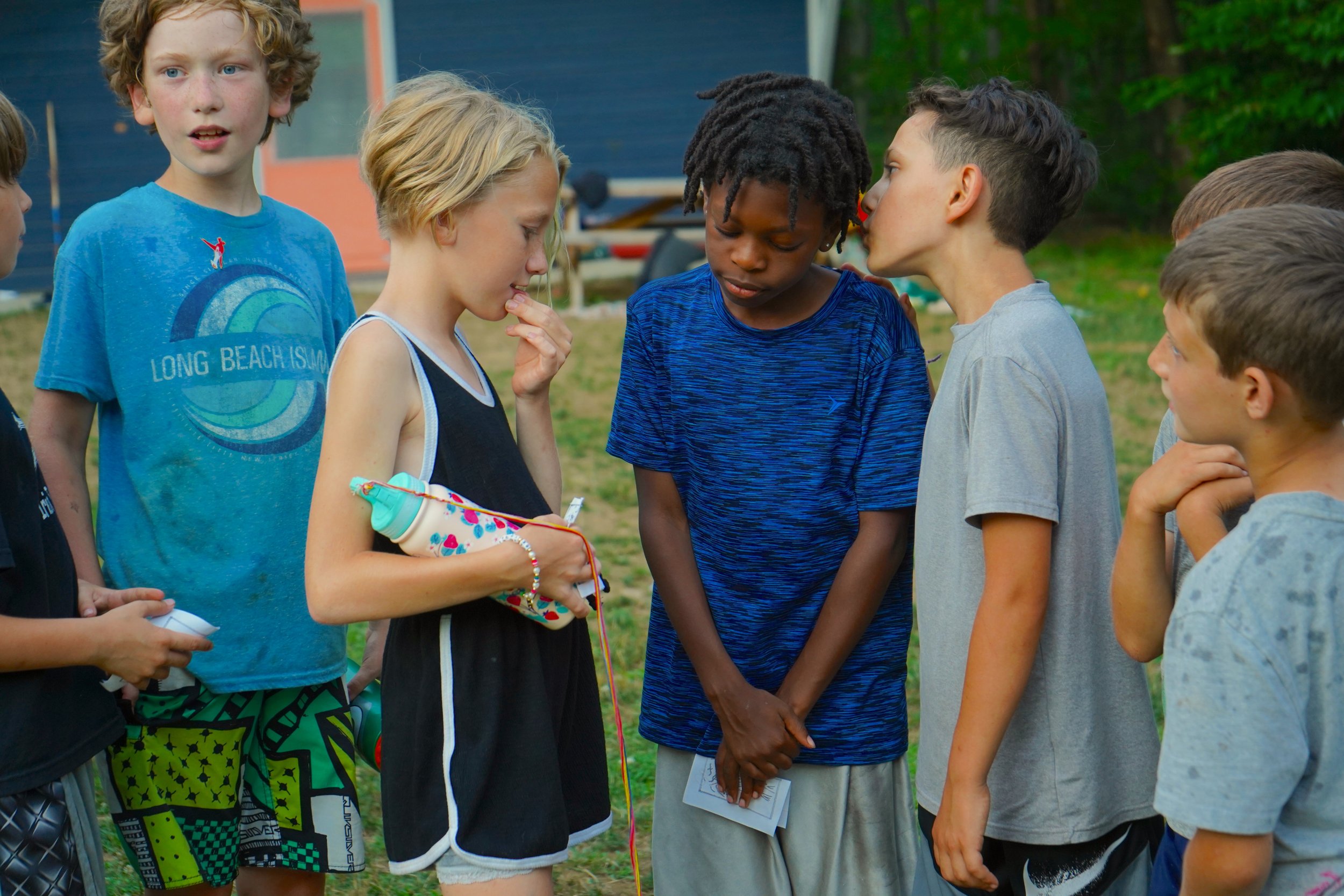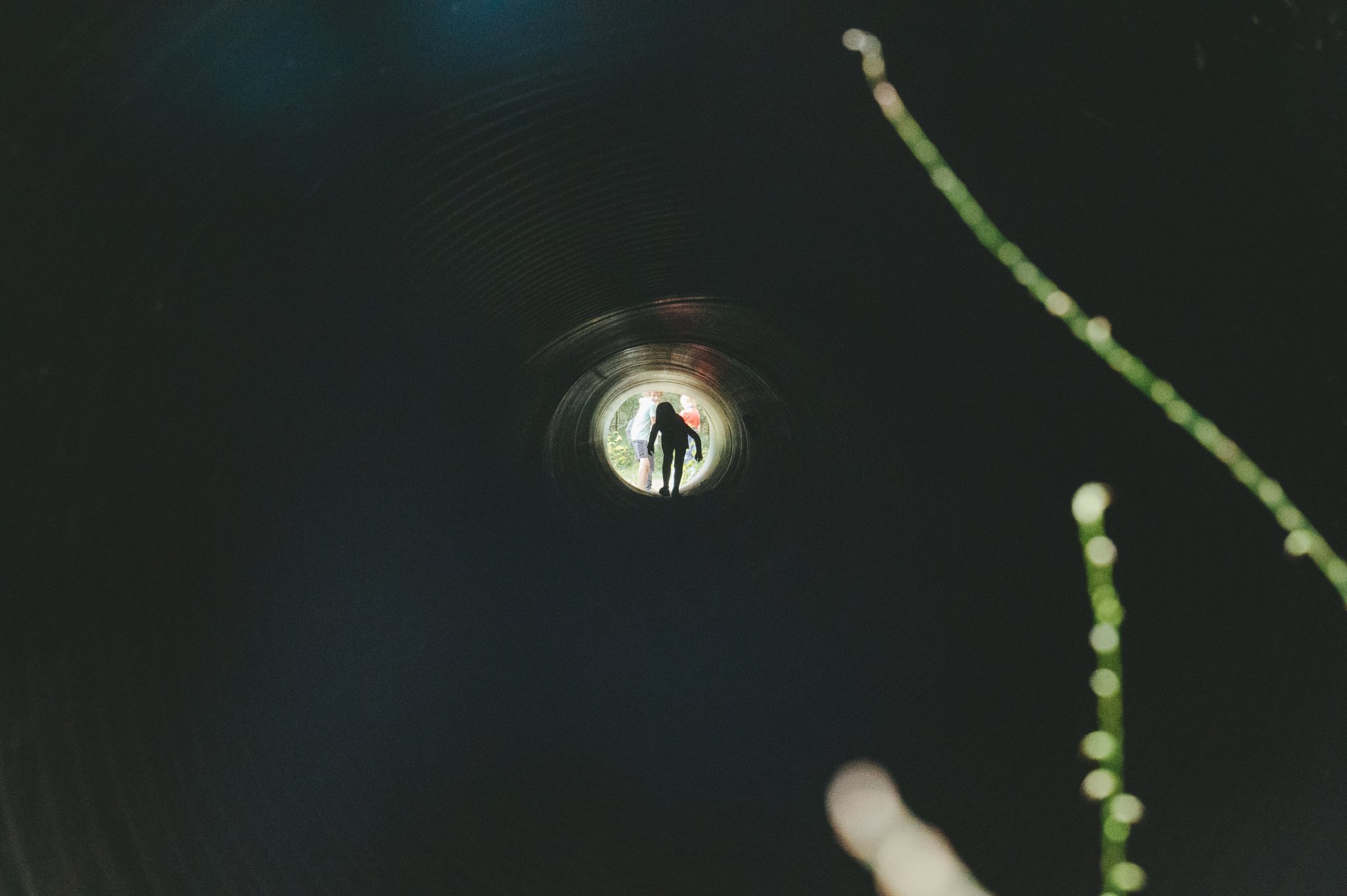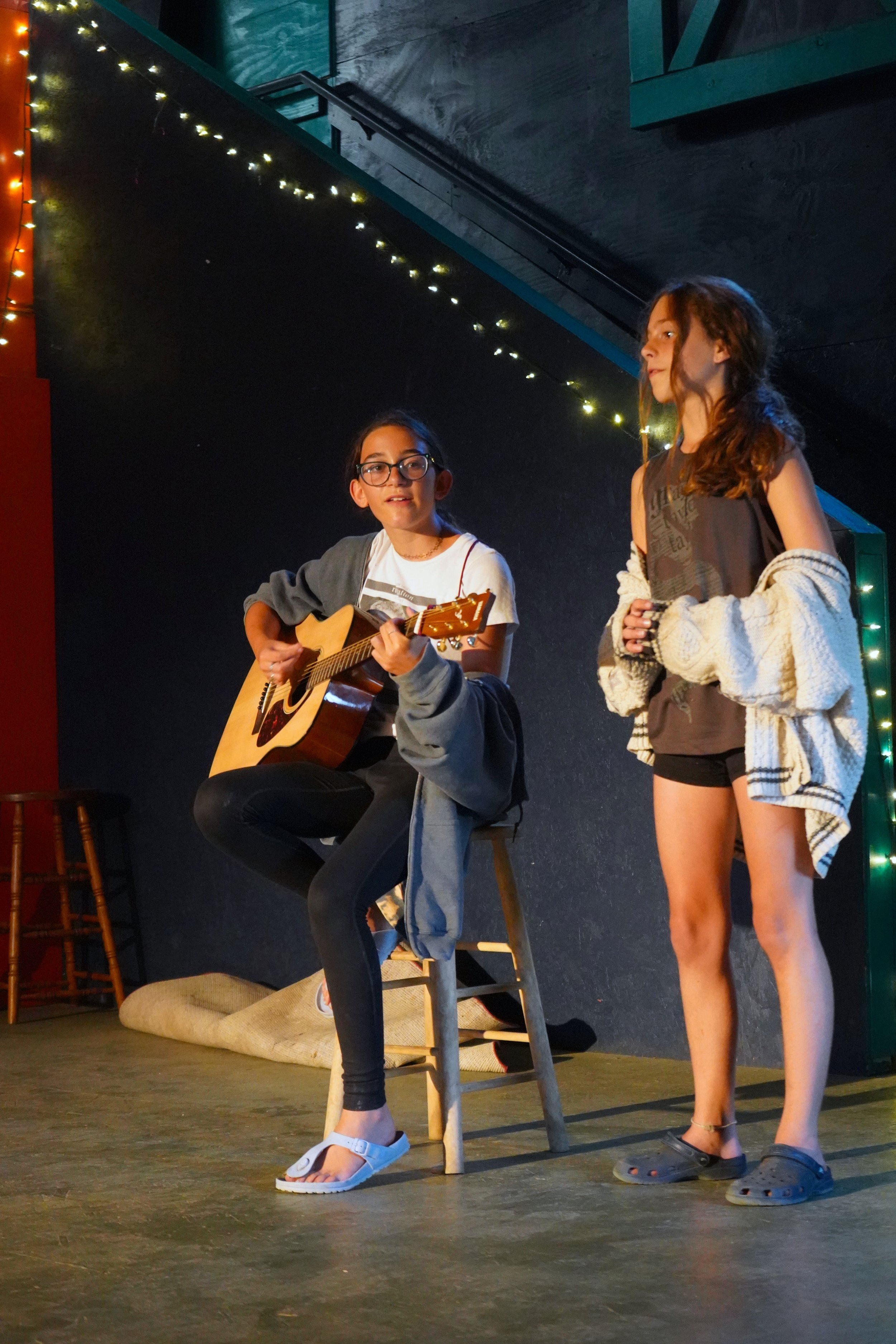Embers: What Are We Becoming?
I want to start by proposing a few questions:
What are we becoming?
What is a person?
What constitutes being human?
What is identity?
Is there intrinsic value in being yourself?
If so, why?
And finally, why is any of this important?
My name is Chandan, and how I would answer these questions is as unique as Stomping Ground is itself. Please know that I do represent Stomping Ground as I'm writing this post being that it is on our blog, but also know that to represent Stomping Ground is to represent a diversity of opinions and perspectives which may not belong to my colleagues exactly as they belong to me.
At camp we live to create experiences for those who hold the future in their hands. We encourage them to embrace an unbounded form of creative thinking. We ask them to engage in restorative behaviors, and to be humbly curious in their pursuit of justice for themselves and others. We hope that they gain a sense of responsibility over their life and the lives that we all help to create for each other. These are the foundation stones that Stomping Ground is built upon. And these stones are also clouds, cumulative ideas, that we set out to manifest every day of the Summer. We do this through our practices, the rain, and this rain reaches the "ground" that we see and call Stomping Ground. We believe that this circular process is the best way that kids and adults alike can learn to answer the questions proposed.
First, it begins with those who have the authority and responsibility to nurture the next generation.
These are the parents, teachers, mentors, older siblings, counselors, and all of the people in a child's life who choose to take on the task of unconditional love. Unconditional because the condition of every child is different. Love because of the underlying nature behind our sacrificial actions to give our gifts of time and resources to children without asking for anything in return. We all understand that there is a cost to maintain camp, but there is a greater cost in maintaining a young person's sense of belonging and meaning. This cannot be bought with the world's currencies. The richest camp in the world is nothing without people who are willing to truly give their time and resources to create unforgettable experiences for the kids they oversee. It is our job to define "why" for the kids who attend camp. For those who ask themselves, "Why am I here?" and "Why are you here?" Our answer to them, if anything, is "for you."
In order for kids to get the best out of camp they must tap into the potential of their imagination. The natural world is restrictive, and we are naturally limited by these restrictions, but we don't have to be. This is why we express ourselves as big personalities and characters in bits. This is us pointing at ourselves and saying, "Look, we are being silly, random, and unorthodox! And it's fun! This is a way you can be too!" And while it is wild and entertaining, like the exciting fires that gathered our ancestors to tell their stories, we end our nights in "embers". This is a time for young people to tap into another unexplored territory of the mind. Calm introspection. Most of a kids life is spent looking out into our fast paced world and learning about it. They look at how the world works and how to operate in it. They rarely have time to, or awareness to think to, look into themselves to learn about the internal world that we call "me."
Essentially, when the fire fades away, and the stories are told, all that is left of that experience is the people that experienced it.
Those people are like the embers of the fire which go off in many directions. But to look within themselves is to know the one fire that inspired them all. I say all of this to say that the natural world is restricted, like a camp fire, but with an unbounded and creative mind we can draw an unlimited amount of meaning from that which is limited. Then, our imagination gives what is limited more meaning than it has intrinsically. This is when we say something has "true meaning". So, "embers" is a time for kids to draw meaning from their lives and see how much it means to them. This time of introspection is where they truly tap into the potential of their imaginations.
An open mind along with a grand imagination is needed to understand others and ourselves. We need the ability to empathize with an experience we may never experience. This can only be done when a person's mind is unrestriced. The danger, though, is making the assumption that we understand experiences when we honestly don't. Here we find the need to be humble, and curious enough to ask the questions that may enlighten us to another's experience. This is all important because community cannot exist without empathy. Also, in many ways what we call "love" is closer to empathy than an action or demonstration of service. We can all sympathize with the experience of being a child, and this equips us to empathize with other childhood experiences. We know what we needed as children so we may know what others may need.
Ultimately, radical empathy is understanding that we are all human beings, and what other human beings need is to be heard before they are understood.
Then, we need those curious enough to seek understanding. That curiosity in seeking to understand another person is close to friendship, and the humility it takes to become a person's friend rather than their opposition should never be understated in human relationships. This is how we choose to restore the relationships between people. We do not ask for campers to be friends, we ask for them to be humble enough to not be enemies.
By making this choice they recognize that they are the ones responsible for what happens next in their lives. Not by themselves but in partnership with the people they "live" with which is the other campers and staff at Stomping Ground during the Summer.
*Sidenote - While writing this I found it interesting how we define living with another person. Like, we "live with" people who are in the same house as us. In a greater sense we "live with" anybody we share life experiences with.*
Obviously, the expectation is not for young people to understand these things in the exact way that I do, but at least in a comparable way so that we are able to empathize across our experiences. I personally look forward to the great insights current campers may make 10-15 years down the line when they think back on the "fire" that camp was. Recognizing that they are, in that moment, the embers of Stomping Ground. And as they go their own ways, able to understand those who went a different way. Then, hopefully, coming together to rekindle a similar experience from their past and giving something up for the next generation that follows them. This is my hope. So to answer my question to start, I think, if anything, we are becoming ourselves.
Like the embers of a fire that go out to find their place. Some go unseen, and a rare few become a fire of their own.
Chandan is the Systems Analyst at Stomping Ground. Year-round he helps us look into how we are doing things and figure out ways to do them more effectively. He also was a driving force on the production of Stomping Ground’s first camper album, which you can now find on Spotify.
You can find out more about Chandan here.






